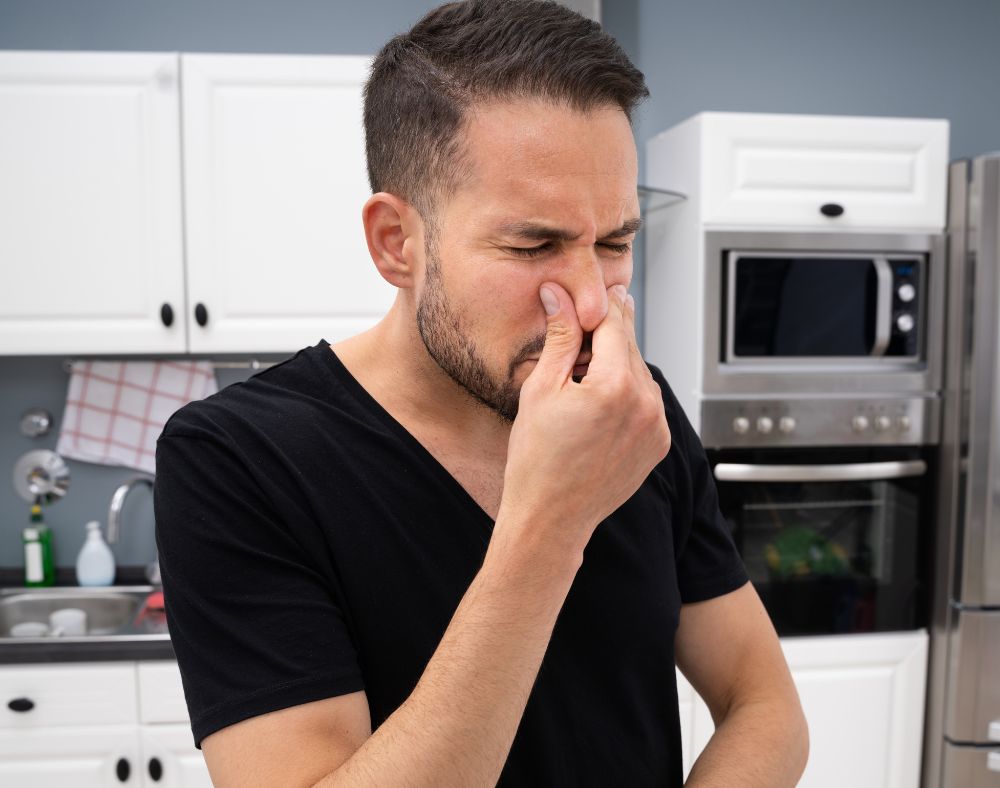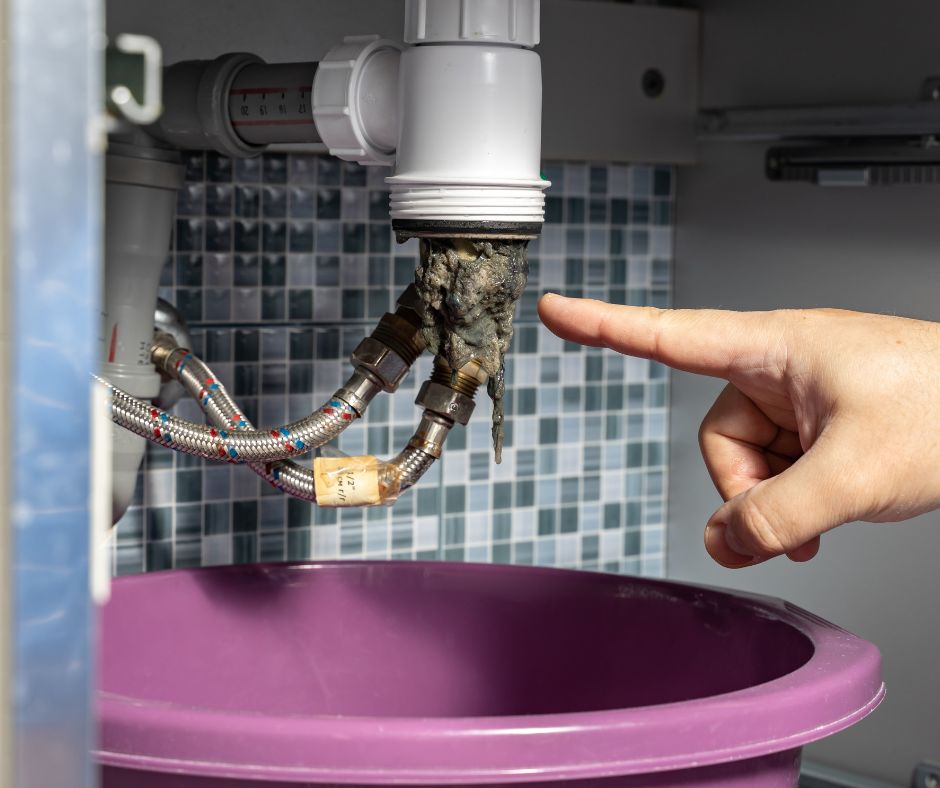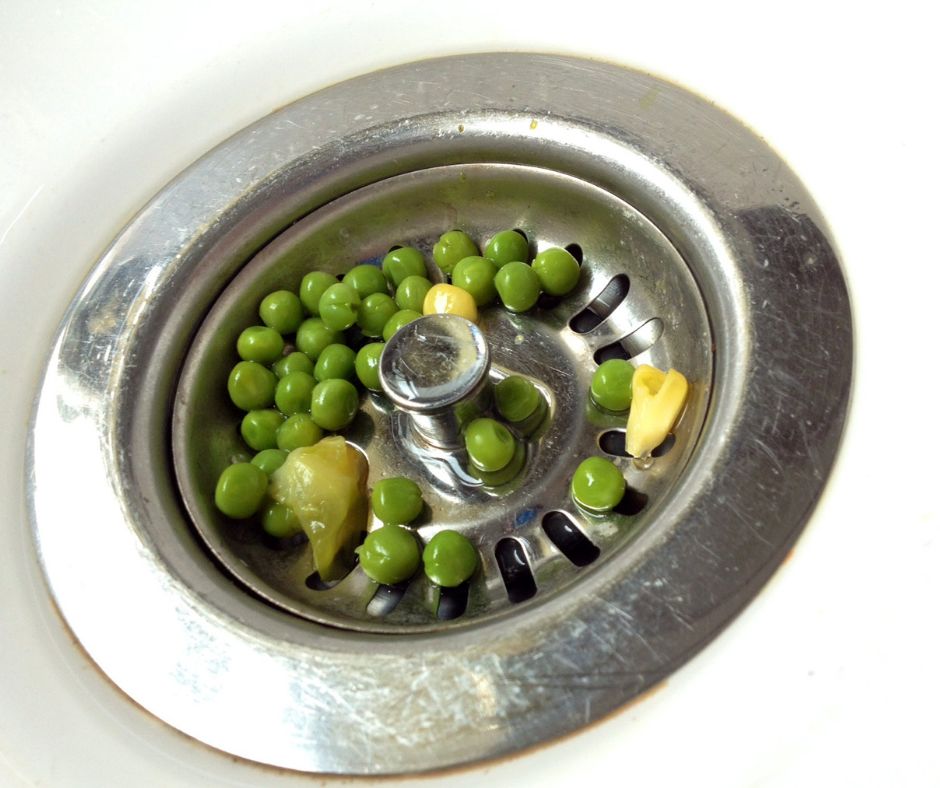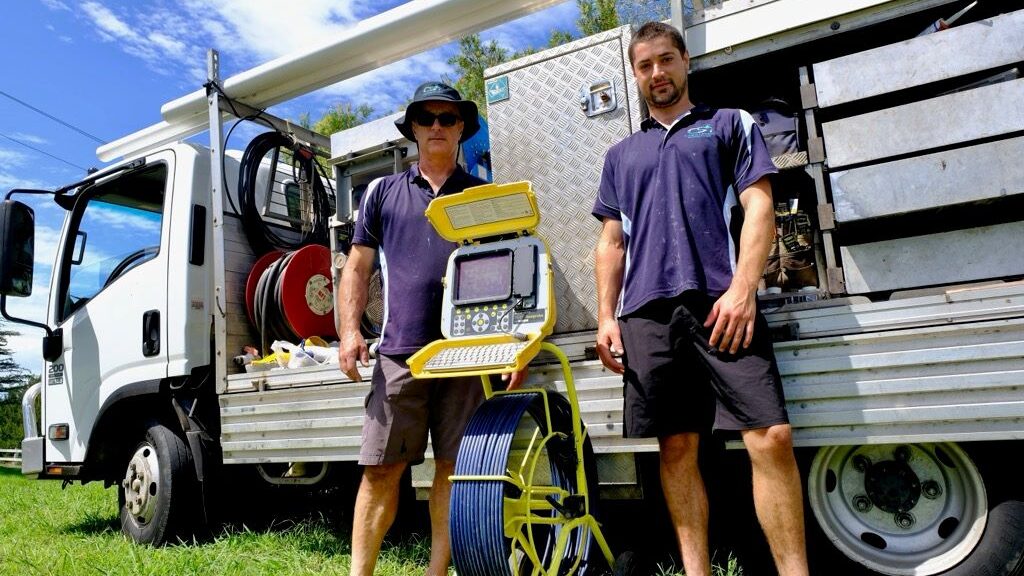Uncover the Key Factors Leading to Unpleasant Odours from Your Drains
Unpleasant odours emanating from your drains frequently stem from the build-up of trapped food particles, soap scum, and various forms of organic matter accumulating within the pipes. Additional contributors to these unpleasant scents include a dry or malfunctioning water trap, as well as the proliferation of bacteria within the drain line. To effectively eradicate these unpleasant smells, it is advisable to flush the drain with a combination of boiling water and vinegar, clean the trap if it is accessible, and ensure that all water seals are properly maintained. Should the odour persist, seeking the expertise of a licensed plumber may be necessary to identify any deeper blockages or potential sewer gas leaks.

Identify the Common Causes of Unpleasant Drain Odours in Wollongong Residences
1. Accumulation of Organic Debris in the Drainpipe
Over time, remnants of food, soap, grease, and strands of hair tend to accumulate within your drain system. This organic matter decomposes, creating a conducive environment for bacteria to thrive, which in turn produces odours reminiscent of sulphur or a damp, musty smell. To combat this issue, implementing regular maintenance and cleaning practices for your drains is crucial, as this significantly reduces organic build-ups and associated foul odours.
2. Complications with the Water Trap (P-Trap or S-Trap)
The drain trap is a critical element of your plumbing system, engineered to retain a small volume of water that acts as a barrier against harmful sewer gases from infiltrating your home. If the trap dries out—often due to infrequent use—or if it has been installed incorrectly, noxious gases can escape into your living environment, resulting in unpleasant odours. It is imperative to ensure that the trap consistently remains filled with water to uphold a healthy and odourless atmosphere in your home.
3. Blockages in Vent Pipes
Plumbing vents are essential for maintaining pressure and safely directing sewer gases away from your home via the roof. When these vents become obstructed by debris, birds’ nests, or corrosion, gases may be redirected back down into your drains, contributing to foul odours. Conducting routine inspections of your vent pipes is necessary to ensure they remain unobstructed and fully operational.
4. Deterioration of Older Pipes
Older plumbing systems, particularly in certain suburbs of Wollongong, may exhibit cracked or compromised pipes that can leak gases or allow debris to gather in pockets, leading to stagnant water and unpleasant odours. If you suspect that your pipes may be damaged, seeking a professional inspection is vital to avert further plumbing complications and ensure a safe living environment.
5. Incorrect Installation of Home Appliances
Improper DIY installations of appliances such as washing machines or dishwashers can often result in issues, including the absence of requisite traps or incorrectly configured connections. Such mistakes can enable foul odours to permeate your living space. If you have recently installed an appliance, it is crucial to verify that it has been set up accurately to mitigate the risk of unpleasant smells developing.
Effective DIY Techniques to Eradicate Unpleasant Drain Odours
Thoroughly Flush the Drain to Eliminate Foul Smells
To effectively combat unpleasant odours, pour a generous amount of boiling water followed by a mixture of vinegar and bicarbonate soda down the affected drain. Allow this solution to fizz and work its magic for approximately 10 to 15 minutes, and then flush the drain again with hot water. This method assists in breaking down any organic material and effectively neutralising the unpleasant smells.
Inspect and Clean the Trap Regularly
Whenever feasible, remove and thoroughly clean the U-bend trap located beneath your sinks. Ensure you wear gloves and prepare for potentially unpleasant odours, as it may be blocked with hair, sludge, or grease. Routine cleaning of the trap will ensure it functions optimally and help prevent future odours from arising.
Restore Water Levels in the Trap to Maintain Odour Control
If a drain has not been used for an extended period, such as in a guest bathroom or floor waste, simply pouring a few cups of water into it can help restore the water seal. This action effectively prevents sewer gases from entering your home and keeps your indoor environment free from unpleasant smells.
Improve Ventilation to Alleviate Lingering Odours
To help disperse any residual gases until the underlying issue is resolved, utilise fans or open windows for increased ventilation. It is advisable to refrain from using chemical cleaners, as they may cause further corrosion of your pipes. Adopting natural ventilation methods will assist in maintaining healthier indoor air quality while addressing the odour problem.

Recognising When to Contact a Licensed Plumbing Expert
If unpleasant odours persist despite your best cleaning efforts, or if multiple drains throughout your home are affected, it is crucial to reach out to a professional. Ongoing foul odours can indicate serious issues such as:
- A blocked main drain line that necessitates immediate attention
- A breach in sewer pipework that could lead to extensive damage
- A faulty or collapsed P-trap that requires replacement
- A ventilation problem located within wall or ceiling cavities
A licensed plumber will employ advanced inspection techniques, including inspection cameras or smoke testing, to accurately diagnose the root cause of your plumbing dilemmas. For residences affected by salt air or ageing pipework, we strongly recommend scheduling a comprehensive drain inspection or considering a pipe relining service to address any potential issues.
In urgent situations, particularly if sewage odours are present in living areas, our emergency plumbing service is available 24/7 across the Illawarra region, ensuring you receive prompt and effective assistance.
Proactive Strategies to Prevent Future Drain Odours
- Refrain from disposing of grease or oils down the kitchen sink
- Consistently clean drain strainers on a weekly basis
- Run boiling water down your bathroom and laundry drains monthly
- Seasonally flush drains that are used infrequently to maintain trap water seals
- Schedule an annual plumbing maintenance check with a reputable local provider

Essential Advice for Homeowners in Wollongong on Managing Drain Odours
The presence of unpleasant drain smells is not merely a nuisance; they can indicate trapped waste, missing seals, or potentially serious leaks and ventilation issues that may escalate into significant health or structural concerns. In Wollongong, where there is a blend of new estates and older residences, these odours often arise from simple build-ups but may also signify deeper faults hidden behind walls or beneath concrete surfaces.
It is vital not to simply mask the odour with temporary fixes. Instead, focus on accurately diagnosing the root cause of the issue and addressing it effectively at its source. If your DIY attempts do not yield the desired results, trust the expertise of a licensed plumber, such as our team at CS Plumbing Services, who understands the unique characteristics of your home and how to ensure its safety and functionality.

The Article: Drain Smells: Permanent Solutions to Eliminate Odours first appeared on https://writebuff.com
The Article Drain Smells: Effective Ways to Eliminate Odours Permanently Was Found On https://limitsofstrategy.com

